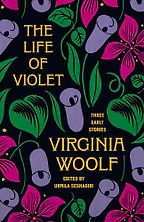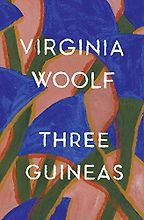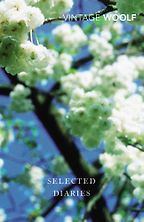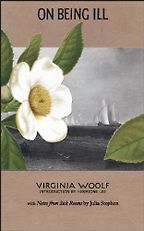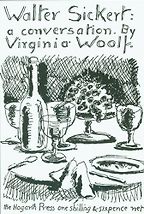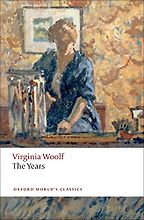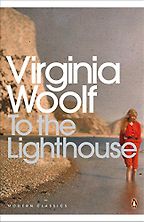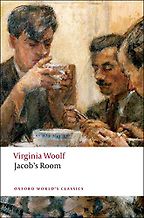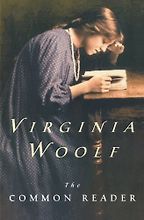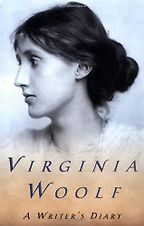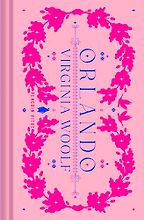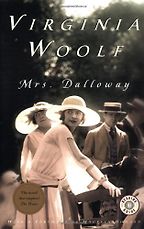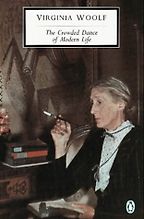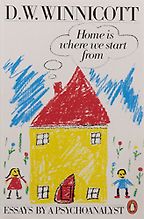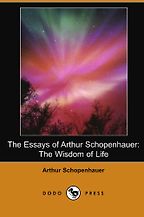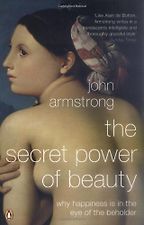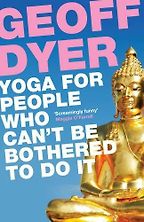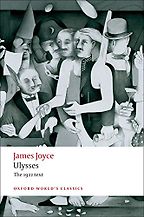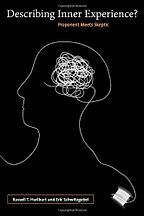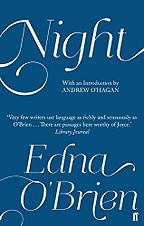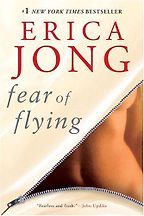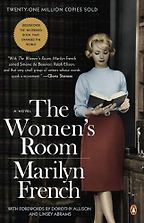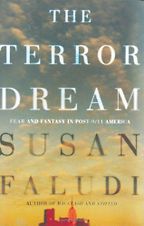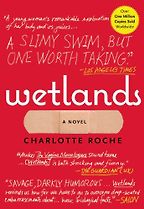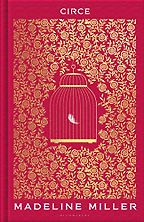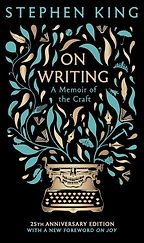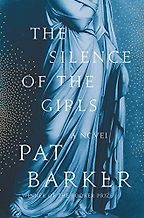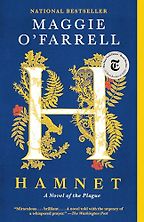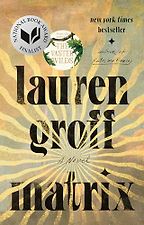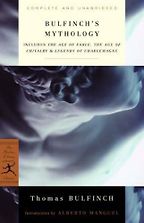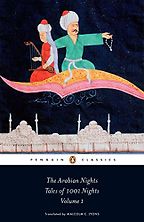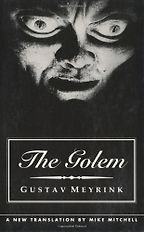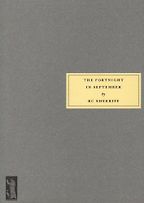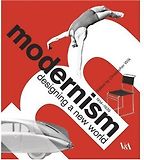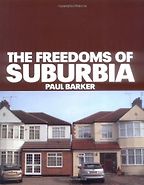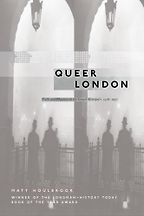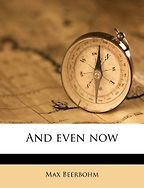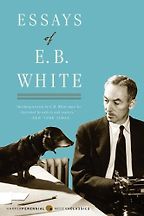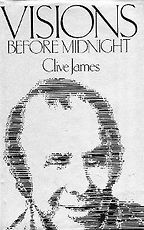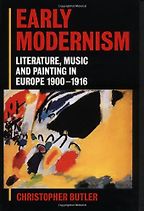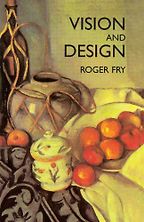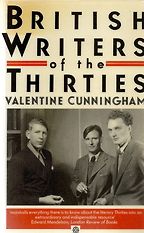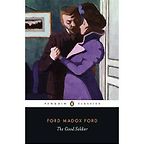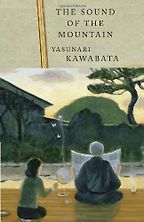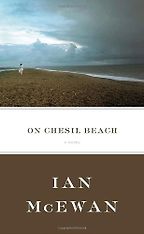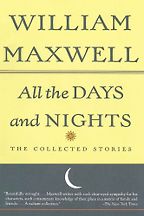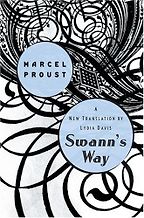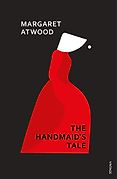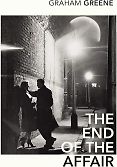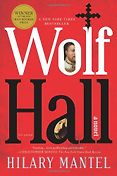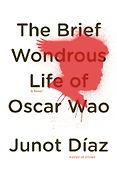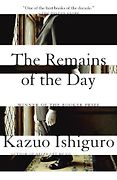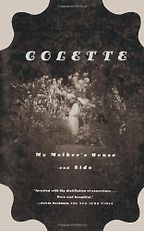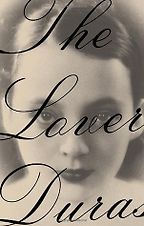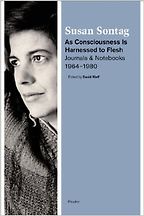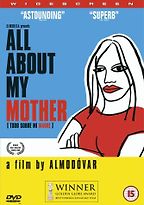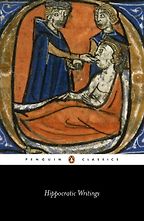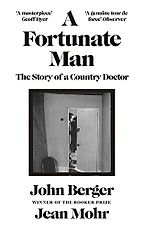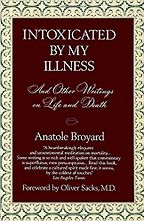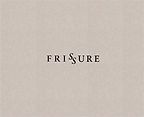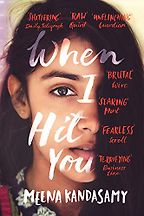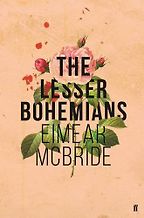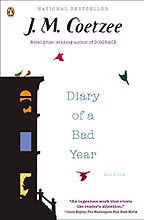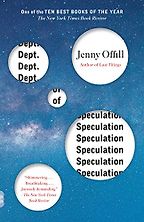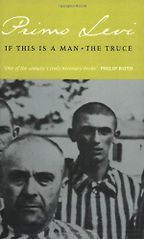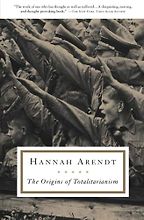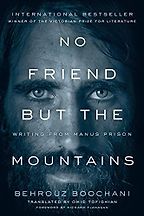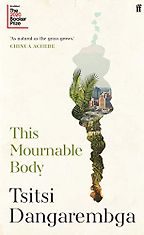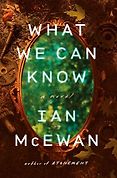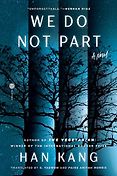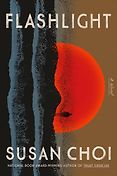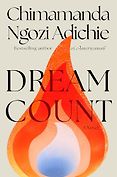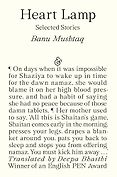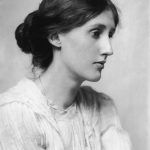
Books by Virginia Woolf
Adeline Virginia Woolf is thought of as one of the most important modernist 20th-century authors.
“Woolf is interested in the intersections between minds. She’s trying to show how minds bleed into each other.” Charles Fernyhough, professor of psychology on Mrs Dalloway as a stream of consciousness novel.
Woolf’s biographer, Hermione Lee, talks us through the best Virginia Woolf books, novels and essays, and diaries.
Many other experts have picked Virginia Woolf’s books in their reading lists.
The Life of Violet
by Virginia Woolf
It's not often that you can announce a new book by a great modernist writer, but in October 2025, three stories by Virginia Woolf (1882-1941) hit the shelves. Previously known as the 'Friendships Gallery', the three interrelated stories comprise a mock-biography of Violet Dickinson, a friend of Woolf's, that had previously been dismissed as a bit of fun for family and friends. However, Urmila Seshagiri, a professor of English at the University of Tennessee, Knoxville, found a more polished draft of the stories in Longleat House, home of the Marquess of Bath, where they had lain archived for 80 years.
“In some ways, Three Guineas was the very late sequel to A Room of One’s Own, and it’s very well known as being Woolf’s great pacifist text. She started writing it in the late 1930s but didn’t publish it until 1938. It presents an uncompromising case for pacifism and feminism.” Read more...
The best books on Human Rights and Literature
Lyndsey Stonebridge, Literary Scholar
“It’s very, very accomplished, and one of my favourite of Woolf’s books. It’s set just before the Second World War. They know the war is coming. Another war’s happened already. It’s all about living in what seems a simple present tense that’s about to combust into historical significance.” Read more...
Rebecca Watson, Novelist
“It’s an astonishing thing to have decades of almost daily diary entries from a great writer.” Read more...
Hermione Lee, Biographer
“A really important piece of writing, beautifully executed. Woolf asks a profound question: why don’t we have a greater literature of illness? I think she’s put her finger on a real issue that, in 1922, literature needed to more closely address the transitions in experience that being ill can effect. And maybe the problem is because there are so many different ways of being ill.” Read more...
The best books on Medicine and Literature
Gavin Francis, Travel Writer
“What interests me about the Sickert essay is the ongoing conversation Woolf is having about the painters in her life, and her thinking about how a life-story can be told through words as opposed to through shapes and colours. The essay is based on her having seen a particular exhibition of Sickert paintings in London in the early ’30s, and then having a conversation about them with her painter friends, including her sister Vanessa, her brother-in-law Clive Bell, and Duncan Grant. She is always somewhat rivalrous with the painters, and deeply interested in painting. She has a painter in To the Lighthouse, who is constantly wondering, ‘how can I hold the balance between these parts of my painting?’, just as Woolf is always saying, ‘how can I hold the balance between these parts of my novel?’” Read more...
Hermione Lee, Biographer
“It was a big commercial success in her time. Now it’s the least favoured of all her books. She had a terrible time writing it, and kept changing her mind about what she wanted to do with it. But the reason why I think it’s interesting and important is that it’s an extremely political book. In The Years, the Victorian family that is growing into the modern world—the novel goes from the 1880s until the present day, which is 1936—is dealing with issues of feminism, of attitudes to women and the abuse of women, issues of abortion and child abuse, and women’s rights, racism and class war. “ Read more...
Hermione Lee, Biographer
“When all is said and done, I think it is her greatest novel.I find it still, every single time I read it—and I must have read it more than any other book in my reading life—very moving, tremendously impressive, extremely complicated and interesting in how it’s put together, and approachable in many different kinds of ways. It’s approachable as a love story, as a family story, as a ghost story, as an elegy for the nineteenth century, as a war novel—in an indirect and interesting way—and as an astonishingly ambitious experiment in a completely different way of writing fiction.” Read more...
Hermione Lee, Biographer
“It’s a very ghostly book in that we have a very likable hero and want to get to know him a lot, but he keeps disappearing.” Read more...
Alexandra Harris, Literary Scholar
“We read Woolf for her tone – her equanimity, her ability to weave together a detached and usually very severe critical judgement with a tone of ruminative engagement. That’s a tone, as much as Beerbohm’s is in another way, which seems to me particularly enviable.” Read more...
Adam Gopnik on his Favourite Essay Collections
Adam Gopnik, Journalist
“I think she is the finest diarist of the 20th century. Nobody comes near her. She is so brilliant, but she’s snobbish and anti-semitic……. She writes beautifully in her dairies and letters, as well as her novels – I think she is an incomparable writer. She was absolutely at the heart of things.” Read more...
The best books on 1930s Britain
Juliet Gardiner, Historian
“This is Woolf’s mysterious and magical insight into the cyclical nature of time. Her hero/heroine appears and reappears in new bodies in new ages. It’s her most beautiful writing too, in my opinion…It was Virginia’s only completely light-hearted, love-inspired, spontaneous story. She wrote it in one weekend, or so it’s said, while a guest at Vita’s west country place…Orlando is mysterious, tender and profound all at once, because the love she celebrated was doomed by both her and Vita’s circumstances. But in the process of trying to preserve that feeling, she invented (or discovered) a form of time travel.” Read more...
The best books on Fantastical Tales
Andrei Codrescu, Novelist
“It’s one of the saddest books I’ve ever read. I could really identify with Clarissa, this empty, poor person who is going out to find some flowers for a party. At the same moment, we are following her out into the beautiful morning as the story starts. It’s clear very soon that Clarissa is a woman who has lost her soul among all the duties and conventions of a boring marriage. That loss is so overwhelming and confusing that she loses contact even with her own body. She describes feeling young, but at the same time really old…At the time I read it I was married, and maybe I knew what was coming. I read it again recently and it felt so accurate, even though things have of course changed. We have legislation against gender discrimination, the right to vote, free abortion, daycare – at least in Sweden we do. But even so, it felt modern because family conservatism as the norm is stronger than it’s ever been.” Read more...
Maria Sveland, Journalist
“Woolf was like many writers of the early 20th century, such as Joyce or Proust, who were interested in the word “modern”. The traditions of the 19th century had been broken and the modern world…” Read more...
Alain de Botton, Philosopher
Interviews where books by Virginia Woolf were recommended
Illuminating Essays, recommended by Alain de Botton
The essay format allows the author to develop ideas but add a personal touch, says the popular philosopher Alain de Botton. Here, he chooses his favourite essay collections
The best books on Streams of Consciousness, recommended by Charles Fernyhough
Is it possible to describe or study our inner experience, and – if so – how might one go about it? Charles Fernyhough, professor of psychology and author of The Voices Within chooses five of the best books that employ or examine streams of consciousness.
The best books on Feminism, recommended by Maria Sveland
The feminist author chooses liberating literature for women, from Virginia Woolf to Erica Jong. She says that men still don’t share equal responsibility in the home, and that life after divorce can be easier.
Special Edition Books
Publishers regularly bring out special edition books to entice readers to buy a copy of a book they already own. Often, these are books that are either literary classics or more recent bestsellers with a cult following. Here, we’ve collected together five special editions that have come out recently. These are books that have been recommended on Five Books and are well worth reading.
Five of the Best Feminist Historical Novels, recommended by Flora Carr
In recent years there has been a boom in fiction that reimagines stories of the past—tales that have traditionally been told by men—through female eyes. Here, the writer Flora Carr recommends five of the best feminist historical novels, and reflects on the role of historical fiction in enhancing our understanding of the past.
The best books on Fantastical Tales, recommended by Andrei Codrescu
The Romanian-born poet tells us about his love for fantastic and magical tales – particularly bloody ones with cannibalism, necrophilia and alienated heroes.
The best books on 1930s Britain, recommended by Juliet Gardiner
The 1930s are hugely underrated as a decade, says the historian. She tells us about the social and design revolutions that made the thirties much more than just a prelude to war
Adam Gopnik on his Favourite Essay Collections
What makes a great essayist? Who had it, who didn’t? And whose work left the biggest mark on the New Yorker? Longtime writer for the magazine, Adam Gopnik, picks out five masters of the craft
The best books on Modernism, recommended by Alexandra Harris
Modernism is about form more than content, says literary scholar and critic Alexandra Harris, author of Romantic Moderns: English Writers, Artists and the Imagination from Virginia Woolf to John Piper. She tells us about the history of the modernist movement, and picks five books that exemplify or explain it.
The best books on Family Stories, recommended by Mona Simpson
Family dynamics are changing dramatically in our modern, workaholic age. The novelist – and sister of Steve Jobs, separated at birth – selects five works of fiction that illustrate some truths about families in all their variety
Great Actors Read Great Novels
If you enjoy listening to books as audiobooks, it’s a great time to be alive. From Rosamund Pike narrating Pride and Prejudice, Jeremy Irons reading Lolita to Meryl Streep telling the story of Heartburn, many prominent actors have signed up for performing their favourite books in unabridged versions.
The Best Virginia Woolf Books, recommended by Hermione Lee
Virginia Woolf was long dismissed as a ‘minor modernist’ but now stands as one of the giants of 20th century literature. Her biographer, Hermione Lee, talks us through the novels, essays, and diaries of Virginia Woolf.
Deborah Levy on Motherhood in Literature
Aristotle tells us that all politics starts in the family, and nowhere is that more obvious than in the infamously fraught relationship between mother and daughter. Here, the novelist, playwright and poet Deborah Levy chooses five books – or rather, four books and one film – that explore motherhood.
The best books on Medicine and Literature, recommended by Gavin Francis
What can literature offer to medicine and what can medicine offer to literature? Author and physician Gavin Francis offers his professional opinion – and prescribes a list of five notable books at the intersection of his two great passions.
The Best Experimental Fiction, recommended by Rebecca Watson
Experimental fiction often uses unusual forms of syntax, style, or form—perhaps taking the form of fragments, footnotes or parallel narratives. Here Rebecca Watson, author of the critically acclaimed experimental novel little scratch, recommends five of the best experimental novels and explains why a writer might choose to bend the rules—and to what effect.
Margo Jefferson on Cultural Memoirs
Pulitzer Prize-winning critic Margo Jefferson celebrates a form in constant flight from definition, that finds expression in hybrid texts and plays-within-plays, and that is as at home in high art as in pop culture.
The best books on Human Rights and Literature, recommended by Lyndsey Stonebridge
The connections between human rights and literature are profound and we ignore the humanities and reading at our peril, says Lyndsey Stonebridge, Interdisciplinary Professor of Humanities at the University of Birmingham. She recommends books that best show the complex relationship between literature and human rights, from Auschwitz to Manus Island.
-

1
What We Can Know: A Novel
by Ian McEwan -

2
We Do Not Part
by Han Kang, translated by e. yaewon and Paige Aniyah Morris -

3
Flashlight: A Novel
by Susan Choi -

4
The Life of Violet
by Virginia Woolf -

5
Dream Count
by Chimamanda Ngozi Adichie -

6
Heart Lamp: Selected Stories
by Banu Mushtaq, translated by Deepa Bhasthi
New Literary Fiction
New Literary Fiction
Keep up to date with the best new releases in literary fiction here on Five Books. Our deputy editor, Cal Flyn, an award-winning author herself, writes seasonal round-ups of the best new novels from ‘literary’ writers: from buzzed-about debuts to critics’ darlings, new work from the globally recognised greats and beloved sleeper hits from writers’ writers. We love it all here at Five Books.
